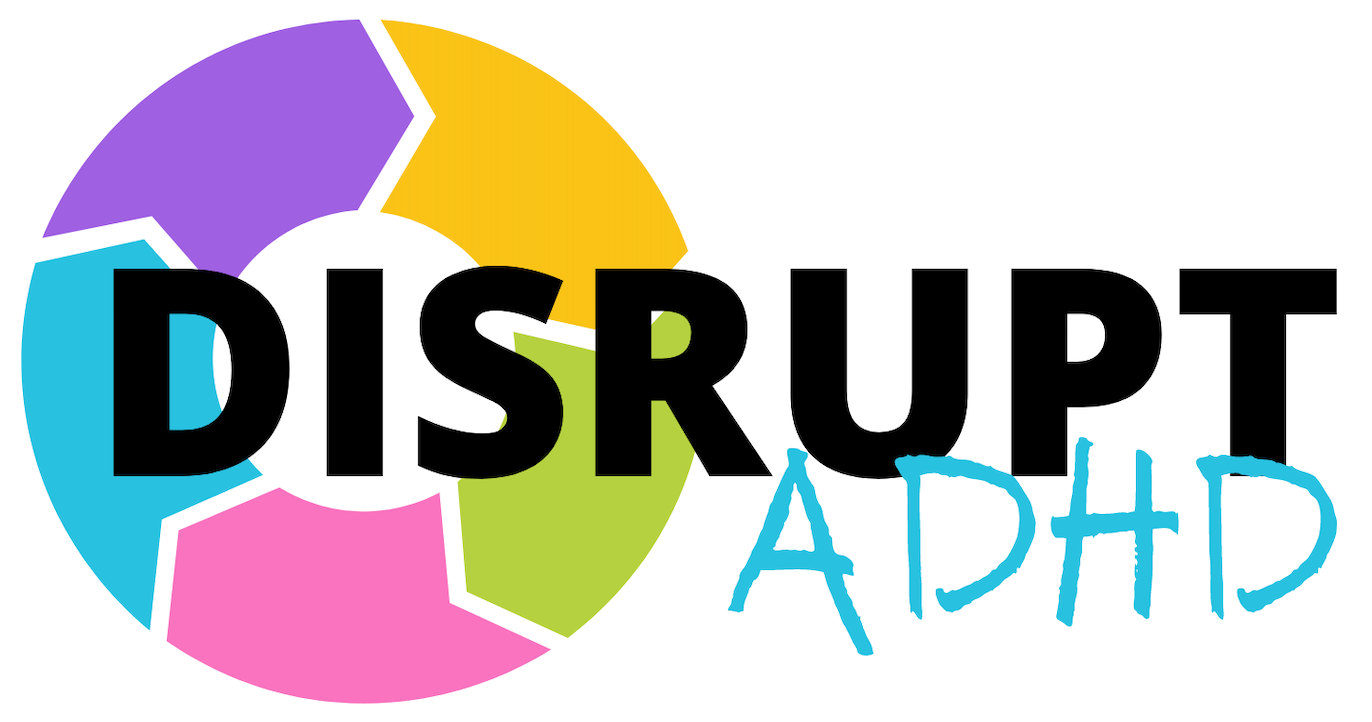How am I showing up?
By creating simplistic routines, we can create a loving or harmonious environment that allows us to see opportunity and where we can give back.
We have an almost 18-year-old daughter who's graduating from high school this year. She has ADHD, depression, anxiety, and while not officially diagnosed, has a lot of characteristics of autism. We've had some challenges, specifically with emotional regulation and being able to feel and be successful in school. There was a pretty big learning curve for her dad and I as we worked through learning what it's like to one, be a parent; and two to work through some of these challenges that come with those diagnoses. The biggest thing that we did is we created simplicity in the clutter or the chaos.
Looking back with 20/20 hindsight, the most simplistic thing that we could do is by deciding how we're going to show up. When I say that, I mean as parents, how are we going to handle the difficult situations that happen? I'm going to use school as an example, because school was by far one of our biggest challenges and things that caused us the most grief as a family. We had a lot of situations of missing assignments, she talks a lot in class, she doesn't raise her hand, etc. Those situations just created a lot of frustration, a lot of anger on everybody's part, a lot of overwhelm and anxiety, and created a lot of feelings of hopelessness. Overall, I don't think that any of us had a really positive outlook on what the next step would look like. Once we reached that point, where as a family we kind of hit rock bottom, we started to ask ourselves some questions. What can we do to help make it to where Emily can be successful?
In that process, we created Disrupt ADHD as a tool to help gain access to information that she had. This tool also utilizes the reactive nature of those with ADHD, to get the information we needed and store it so that we could know what assignments she needed to work on. In that process we started to ask questions and have conversations differently. Instead of coming at it from a frustrated tone and a frustrated question set and irritated by the responses, we said, "Well, what could we do to help get you into a space where you would be more successful? Can we do things online rather than with paper? Can we see if we can get access to the class calendar or plan? What can we do that could potentially work?"
Some things worked and some didn't, but what really stuck is we reestablished trust both ways. From Emily, to us and us to her by having respectful conversations. We tried really hard to have empathy, and understand that she didn't know how to solve it either, that she wanted to be successful too, and that she didn't want to be in trouble. She really didn't know anything different. Basically, she did not have any self efficacy, which means the ability to acknowledge how she could impact her situation or having knowledge about how she could impact it. She didn't believe that she could and she didn't know how to get out of it. Once I was able to accept that and have awareness of that, it made it a lot easier for me to show up in a little bit different of a way.
I think the first thing that we can do to create simplicity is to acknowledge how we show up. I think that by doing that, we can then start to build trust, or rebuild trust, where it's been broken due to repeat experiences of things not going well.
